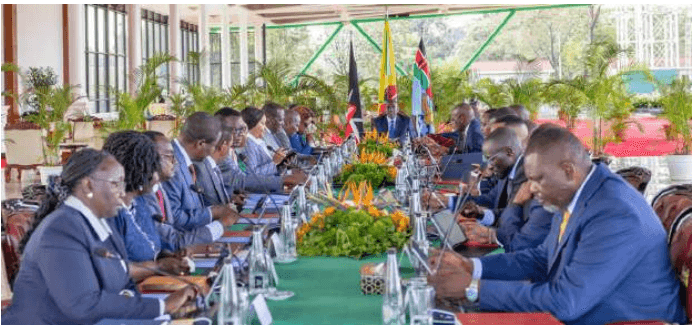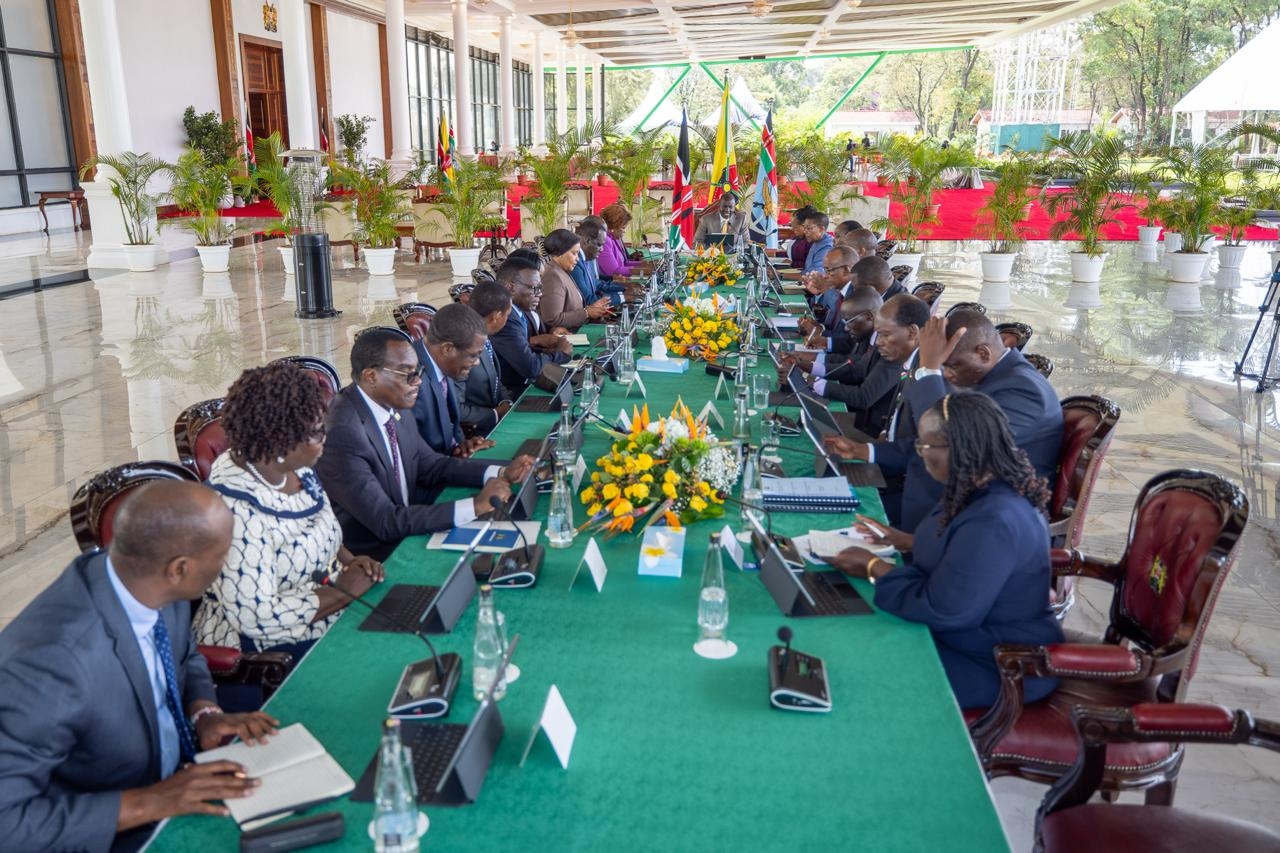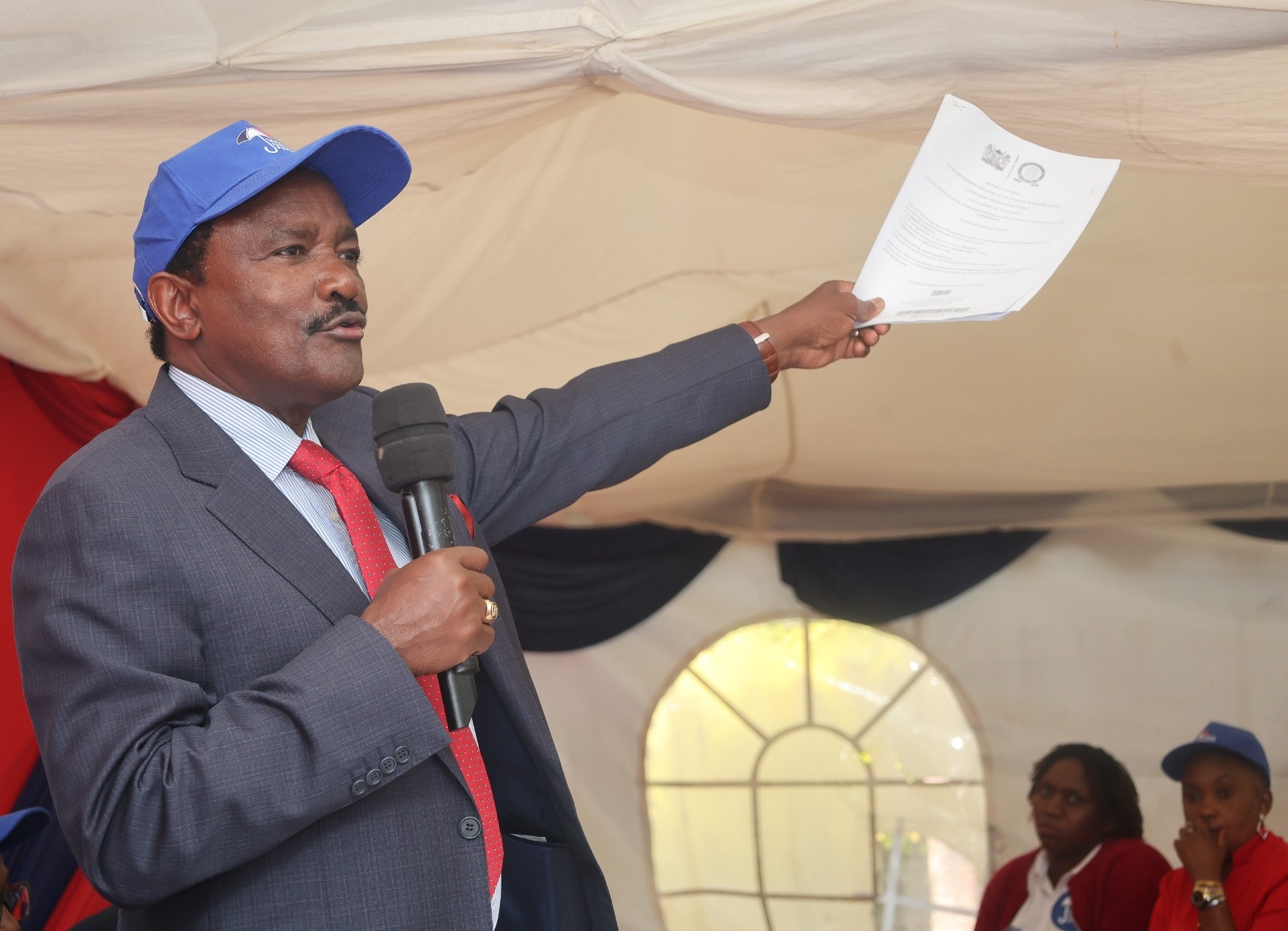Millers have been urged to blend their products with the traditional foods like cassava and millet.
This will ensure that households use more biodiverse foods that are local.
“We are encouraging the use of biodiverse and local food, and for this, we have a policy framework, a legal notice to require all millers to brand their products with the forgotten foods to ensure that local households are using more biodiverse foods that are local,” said Philis Njane, Deputy Director of Research and Innovation at the Ministry of Agriculture of Kenya.
According to the United Nations Convention to Combat Desertification (UNCCD), Africa is very rich in ecosystems, traditions and knowledge.
Ibrahim Thiaw, executive secretary of UNCCD said the continent has long practiced sustainable agriculture from the terraced fields of Rwanda to the agroforestry traditions of West Africa.
“It’s time to amplify these African-led solutions, scaling them up and out,” he said.
UNCCD data shows that up to 40 per cent of the world’s land is degraded, directly affecting half of the world’s population, and that by degrading land, the ability to produce sufficient and nutritious food, quality water and quality air are reduced.
Africa has suffered 44 per cent of the world’s major droughts over the last 100 years.
In the last 50 years, the continent has suffered economic damage of more than $70 billion, not to mention immense human hardship.
The two spoke during the Global Landscapes Forum being held in Nairobi, where African and global experts and community leaders seek to shape a new vision for the earth.
African change makers, scientists, practitioners and community leaders from 130 countries are meeting to discuss ways to transform food systems, secure land rights and restore landscapes through African-led solutions.
Eliane Ubalijoro, CEO of the Center for International Forestry Research and World Agroforestry (CIFOR-ICRAF) and director general of ICRAF said there are existing solutions and the tools to develop new ones that the world needs.
“And we come together, we can go beyond surviving – to thriving. We are living in a digital age, characterised by interconnectedness and interdependence. It’s time to take the best of this era, employing tools like artificial intelligence and cutting-edge research to address global challenges in an inclusive and responsible way. It’s time to ensure that knowledge and wisdom from around the world are shared with those who need it most. Our work, in collaboration with our partners, provides tangible solutions to some of the most pressing challenges of our time,” Ubalijoro said.
Jochen Flasbarth, State Secretary of the Federal Ministry for Economic Cooperation and Development in Germany said human resilience is directly related to protection and management of landscapes.
“Landscapes provide us with a wide array of ecosystem services and are the backbone of agriculture. Restoration projects, ranging from soil restoration, and rehabilitation over peatland rebuilding to restoration of forest landscapes offer a remarkable opportunity to create new and green jobs. They are a good example of the synergies that can exist between environmental stewardship and economic prosperity,” Flasbarth said.
Daniel M’Mailutha, CEO of the Kenya National Farmers’ Federation said: “We cannot talk about transforming food systems in a country like Kenya and most of Africa without really putting farmers in the centre of it. We need to make sure that farmers understand that it is in their self-interest to do what is right as far as the landscape is concerned,” he said.
“In Africa, and especially in my country today, the average farmer is 60 years old. And yet, our nation is fairly youthful. That begs the question, who is going to feed us?” said Jenice Achieng, Kenya country representative of YPARD.
“We need to shift this narrative of going to the cities to get white-collar jobs and expose and show that there is a very big space in agriculture,” she added.
















